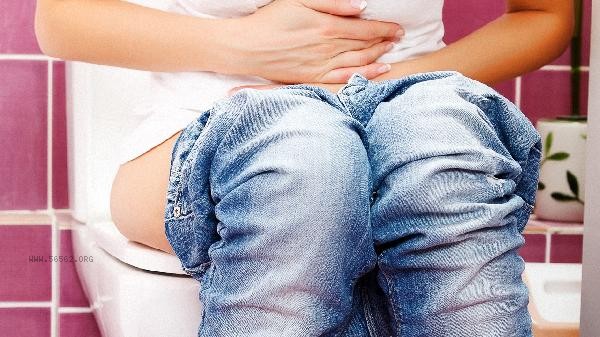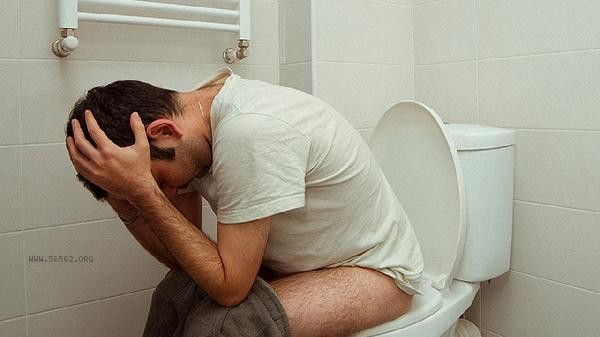constipation during the weight loss period can be alleviated by adjusting dietary structure, increasing water intake, moderate exercise, establishing bowel habits, and using dietary fiber supplements as an adjunct. Constipation during the weight loss period is often related to factors such as excessive calorie intake, insufficient dietary fiber, and slowed intestinal peristalsis.

1. Adjust dietary structure
Increase intake of vegetables, fruits, and whole grains, such as broccoli, oats, apples, and other foods rich in dietary fiber. Dietary fiber can increase fecal volume and promote intestinal peristalsis. It is recommended to consume no less than 25 grams per day. Avoid excessive restriction of fat intake, moderate amounts of nuts or olive oil can lubricate the intestines.
2. Increase water intake
Drink no less than 2000 milliliters of water per day, and drinking warm water on an empty stomach in the morning can stimulate gastrointestinal reflexes. During the weight loss period, a decrease in carbohydrates can easily lead to water loss in the body, and dehydration can make feces dry and hard. Can be paired with sugar free lemon water or light honey water, but total calorie intake needs to be controlled.
3. Moderate Exercise
Engage in 30 minutes of aerobic exercise such as brisk walking and swimming every day, combined with abdominal massage to promote intestinal peristalsis. Sitting still for a long time can weaken intestinal motility. It is recommended to get up and move for 5 minutes every hour. Core muscle group training such as plank support can also indirectly improve intestinal function.

4. Establish bowel habits
Regularly go to the toilet after breakfast every day and use the gastrocolic reflex to promote bowel movements. Maintain a squatting position or use a footstool to raise your knees during bowel movements and reduce rectal curvature. Avoid excessive force and limit the toilet time to 5 minutes each time.
5. Dietary fiber supplements
In the short term, soluble dietary fiber such as Plantago asiatica shell powder or oligofructose can be used, and it is necessary to drink plenty of water to avoid bloating. Probiotic preparations such as Bifidobacterium can regulate the balance of gut microbiota, but long-term dependence on laxatives is not recommended.

During the weight loss period, it is necessary to maintain at least one bowel movement per day. If there is no bowel movement for more than 3 days or accompanied by abdominal pain, medical examination for organic diseases should be sought. Long term constipation sufferers can try physical methods such as abdominal hot compress and clockwise massage, while also paying attention to not losing weight too quickly, with a weight loss of no more than 1 kilogram per week. Maintaining a regular daily routine and emotional stability are equally important for intestinal health. If necessary, lactulose oral solution can be used under the guidance of a doctor as an isothermal and laxative.









Comments (0)
Leave a Comment
No comments yet
Be the first to share your thoughts!